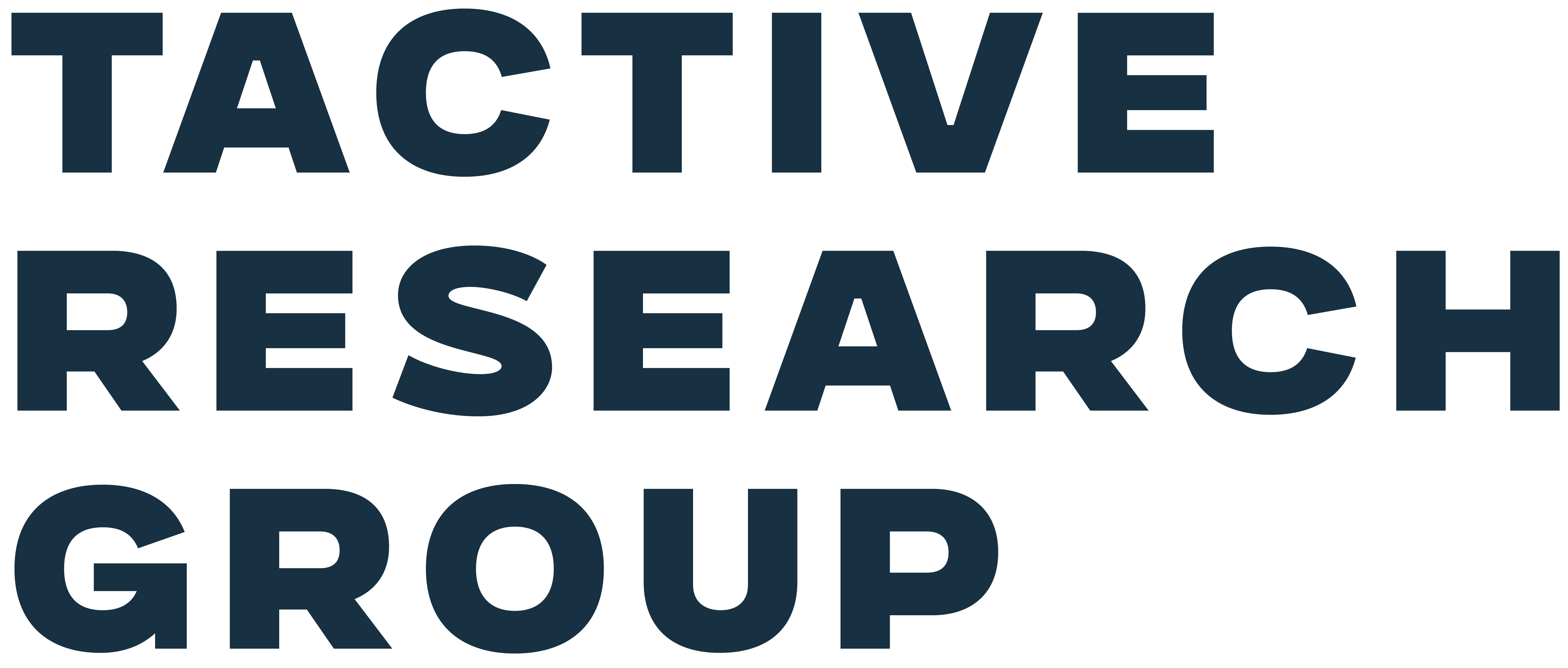In the digital world, centrally stored identities and personal information are extremely vulnerable to security breaches that often lead to compromised data. This risk is reshaping Know Your Customer (KYC) practices in regulated industries where identity verification is crucial. Traditional KYC methods like document verification, ID verification, and address verification rely on centralized customer information storage, posing substantial risks if the databases are compromised. Additionally, traditional KYC frustrates customers with repetitive document submissions and long verification times. These challenges have fueled the rise of Self-Sovereign Identities (SSI), an innovative solution in digital identity management that promises greater security. SSI systems shift the paradigm by empowering individuals and organizations to manage their identities, reducing dependence on centralized providers. This approach enhances privacy, minimizes the attack surface, and aligns with strict data protection regulations like the General Data Protection Regulation (GDPR), reducing the …

